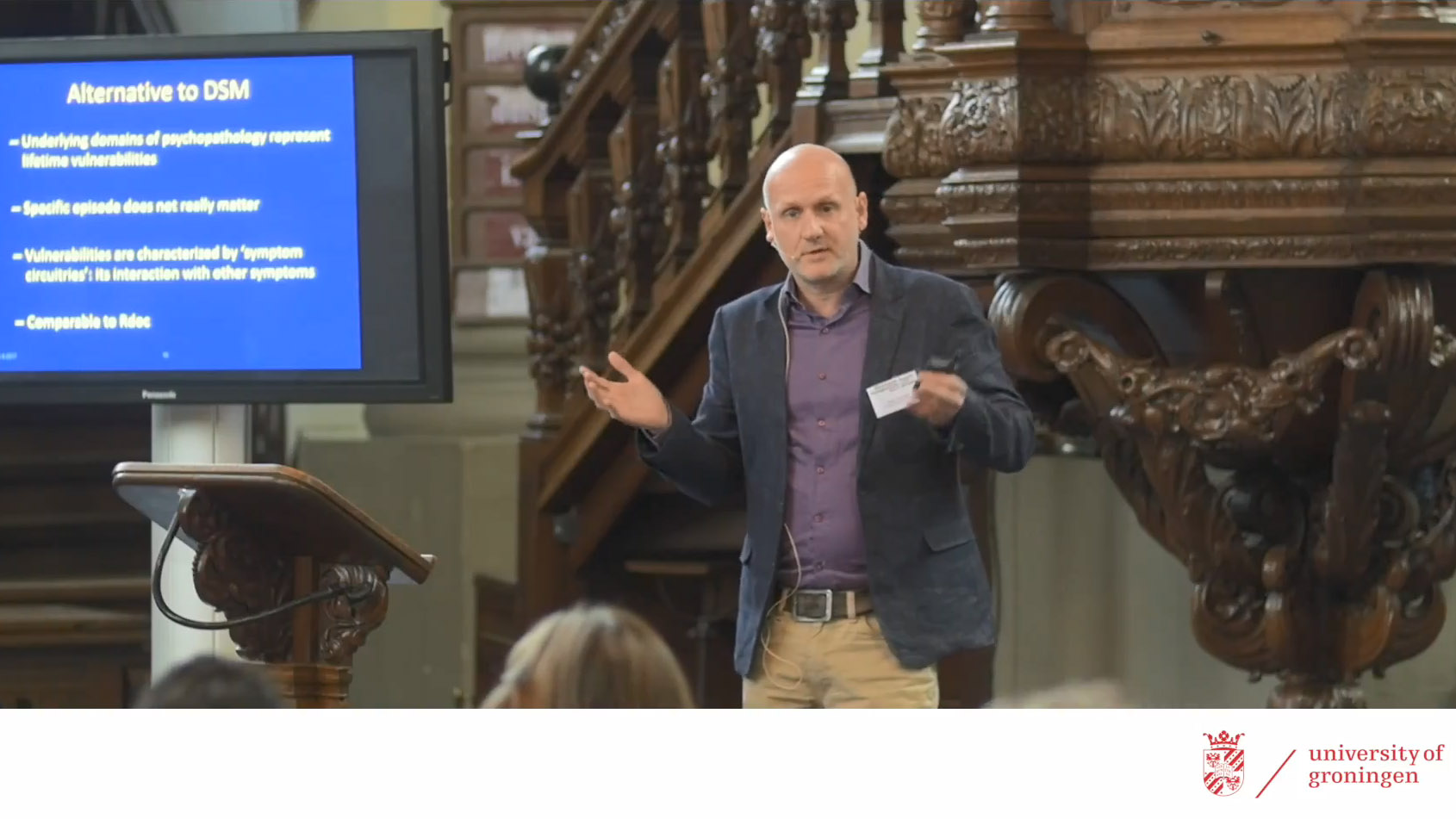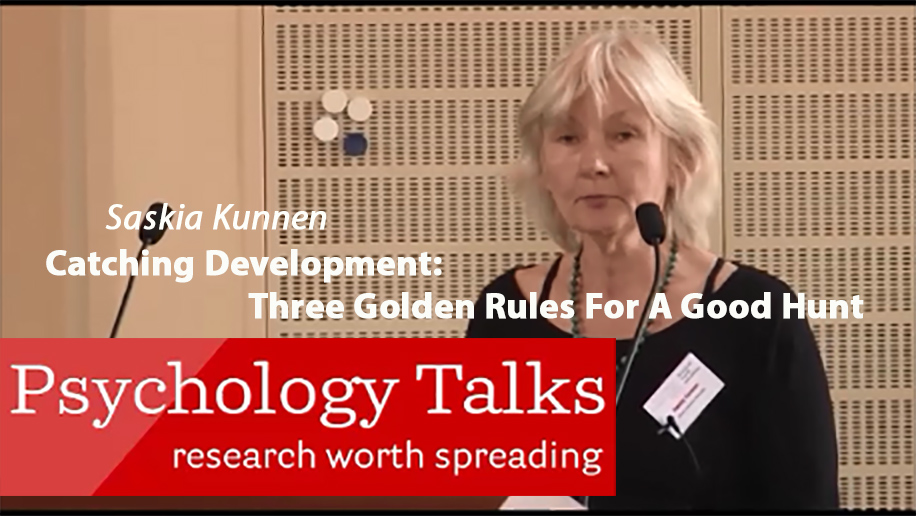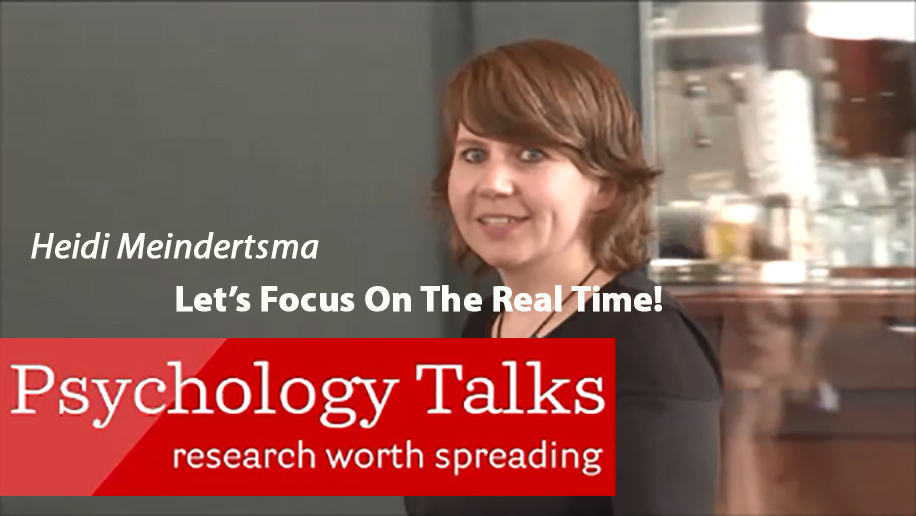Developmental Psychology
Prof.dr. P. (Peter) de Jonge |
Do we really need 400 mental disorders to describe psychopathology
DSM-5 describes the presence of about 400 different mental disorders. Does that help our understanding of psychopathology? Do thee really exist? Can we do without these labels? In this talk, I will explore these issues from the perspective of a dynamical psychology.
What Gay Men's Narratives of Self Acceptance Can Teach Us
Stories play a central part in our lives and communities. In this talk I will illustrate how narrative analysis can allow for new insights into the process of self-acceptance in young gay men
Language use in real-time interactions during early elementary science lessons (2016 Snijders-Kouwer talk)
Every year the Heymans Institute presents the Snijders-Kouwer prize. The award is given to a PhD student for the most innovative and outstanding scientific journal article accepted for publication in the previous year.
2016 Snijder-Kouwer prize winner: Astrid Menninga. Reception talk by second author dr. Marijn van Dijk. Prize winning article: Menninga, A., Van Dijk, M., Steenbeek, H., Van Geert, P. (in press). Language use in real-time interactions during early elementary science lessons: The bidirectional dynamics of the language complexity of teachers and students. Language Learning, 67, 284–320. doi:10.1111/lang.12219
How Complex We Really Are: Wii Show You
People are complex, that is as true as 1 + 1 = 2. But what does it tell you? How can you know? And what about two, are two people more complex than one? Not necessarily. It turns out that in complexity 1 + 1 = 1, rather than 2.
The Social Dynamics of Children's Learning Processes
Currently, most researchers agree that learning is a socially situated, transactional process, in which both the teacher and the learner make their own unique contribution. However, when children with behavioral problems are involved, not much attention is paid to this dynamics. In the presentation, empirical data of teacher-student interaction are given, and how it influences the development of (undesired or desired) learning trajectories.
The Road to Excellence
How can we explain the exceptionality of Einstein, Federer, or Mozart? Since the late 19th century, debate exists on the exact origins of excellence. In this talk dr. Ruud den Hartigh discusses that excellent performance likely develops out of dynamic networks that consist of interconnected personal and environmental variables.
Dr. E.S. (Saskia) Kunnen |
Catching Development: Three Golden Rules For A Good Hunt
Talk by dr. E.S. (Saskia) Kunnen at the 2014 Heymans Symposium 'Research Worth Spreading' of the Psychology department of the University of Groningen.
Let's Focus On The Real Time!
Talk by dr. H.M. (Heidi) Meindertsma at the 2014 Heymans Symposium 'Research Worth Spreading' of the Psychology department of the University of Groningen.



